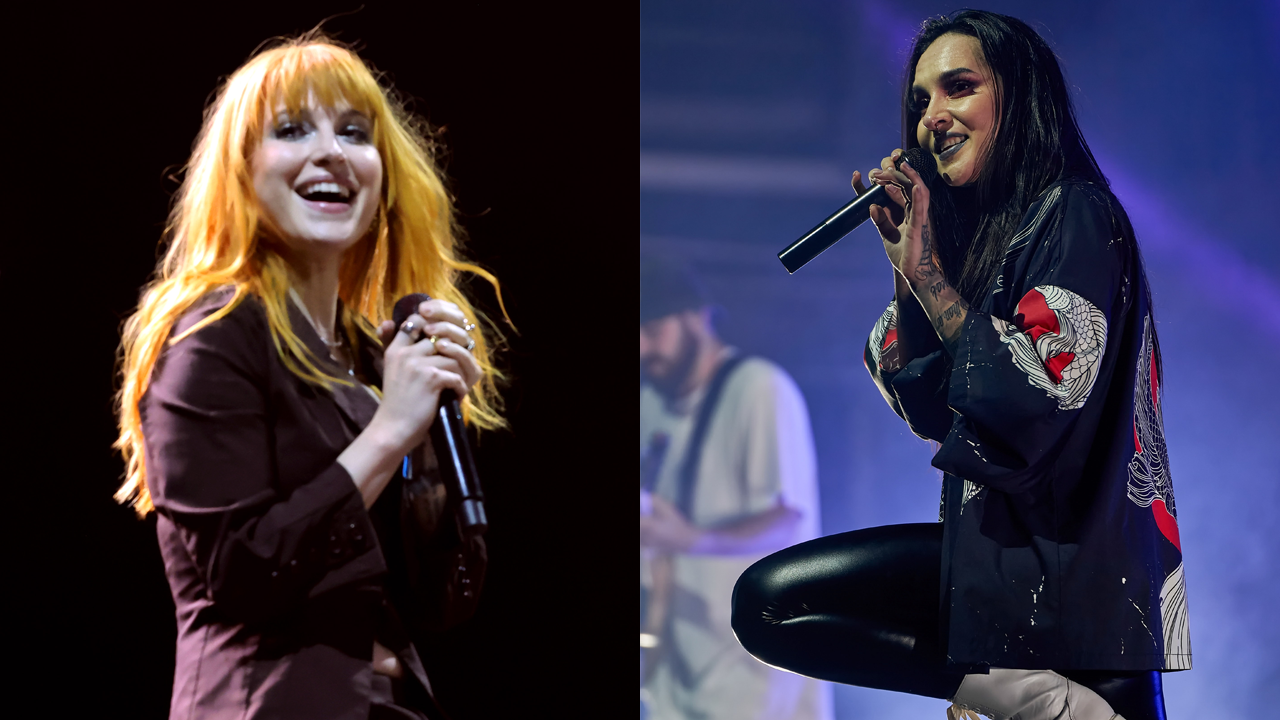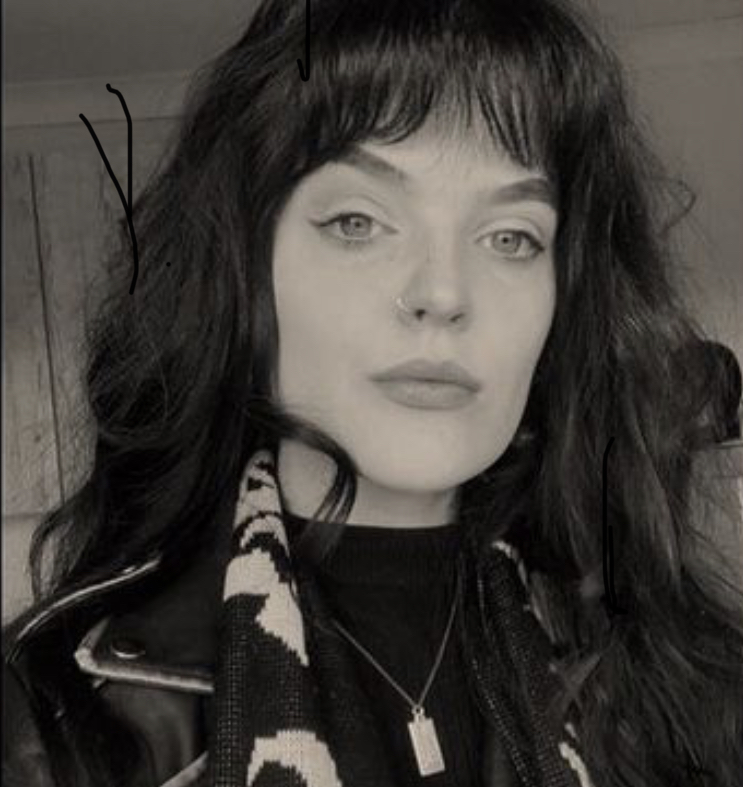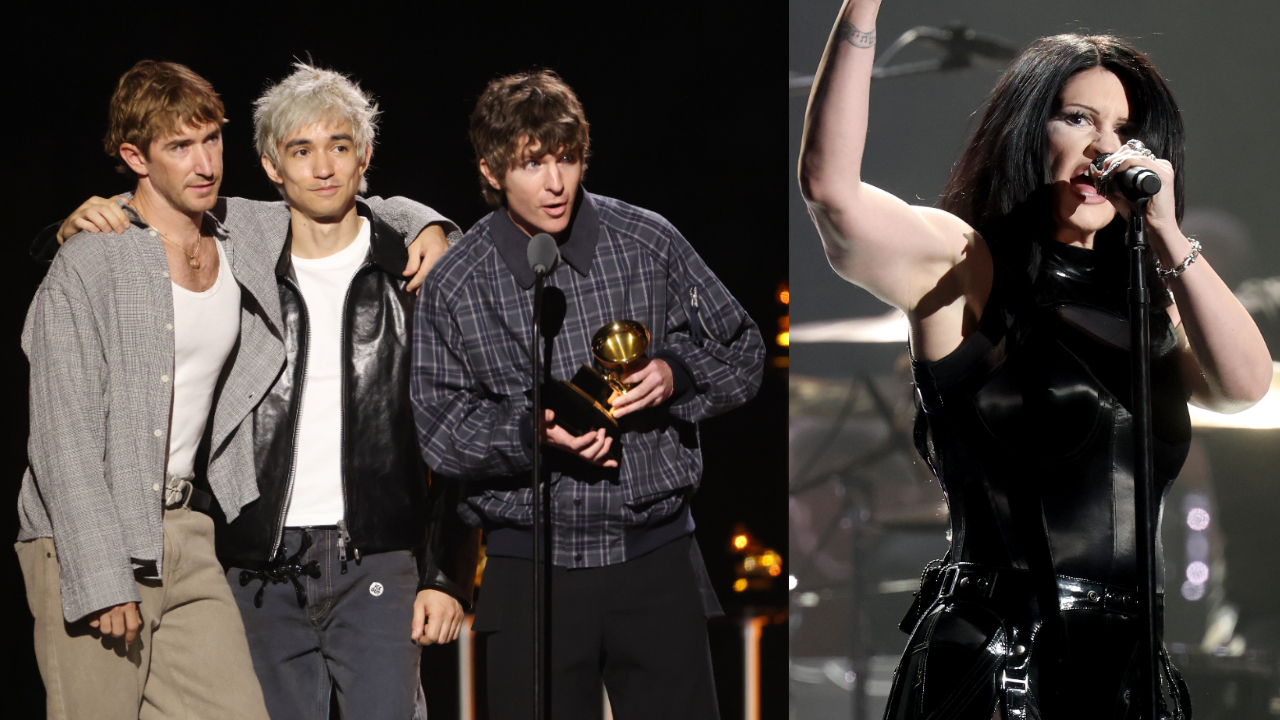New study finds that only 13 per cent of UK festival headliners are women
A new report reveals that many festivals have failed to deliver on promises to achieve a ’50/50′ gender balance across their line-ups by 2022

A new study has gathered disappointing statistics about the inequality still very much present within the music industry. Specifically, the data reveals that only 13 per cent of headliners at the UK’s top festivals this year are female, despite numerous events promising five years ago to achieve a ’50/50′ gender balance across their line-ups by 2022.
The study, which was orchestrated by the BBC, found that only one in 10 headline spots at leading 2022 UK music festivals have been filled by women.
Analysed through judging the line-ups of 50 of the biggest festivals lifted from a YouGov survey, including Glastonbury, Isle Of Wright Festival, Reading & Leeds, Download Festival and more, the key findings showed that the UK still has a very long way to go before reaching equal gender representation.
Out of 200 headline acts, the study found that 26 (13 per cent) were an all-female band or a solo artist; 149 (74.5 per cent) were either an all-male band or a solo artist; 24 (12 per cent) had a mixed line-up of male and female performers, and one (0.05 per cent) artist identified as non-binary.
In 2017, attempts were made to get more female acts on stages via the launch of two major projects – ReBalance and KeyChange – after another BBC study found around 80% of headliners were all-male.
Headlining Glastonbury Festival this year will be Paul McCartney, Kendrick Lamar and Billie Eilish. Latitude festival headliners are Lewis Capaldi, Foals and Snow Patrol. Reading and Leeds headliners are Megan Thee Stallion, Halsey, Dave, Arctic Monkeys, Bring Me The Horizon and Rage Against The Machine, and Download Festival headliners are Biffy Clyro, Kiss and Iron Maiden.
In response to the new data, US singer-songwriter Maggie Rogers told Newsbeat : “It feels awful. The music industry has been largely run and dominated by males since the beginning of time.
The latest news, features and interviews direct to your inbox, from the global home of alternative music.
“I’m sure that every female act can tell you a story of growing-up, walking into a guitar shop and just having your dreams crushed”.
“It’s interesting, in a post-#MeToo era, because this imbalance is something we’ve had so much conversation about, but still in the music industry, [the proportion of women working in it] is a horrifying number.”
In spite of these findings, festival organisers believe that it is unfair to blame them alone for the lack of diversity, and insist some progress has been made.
Strawberries & Creem in Cambridge CEO Chris Jammer, whose festival line-up is made up of 60% of female or non-binary artists, says: "We didn't seem to struggle at all getting really high-profile females on our line-up.
"That was something we set our agenda to at the beginning of the booking process and carried it through."
Speaking of what he believes could be behind the problem, he adds: "It really translates to the audience, so women and girls and non-binary people feel more comfortable there and it just resonates.
"I think a lot of festivals struggle by just going with what they know, and not really wanting to deviate from their norm.
"There's a lot of proven ticket-sellers in this industry, and in the times of economic downturn and Covid, a lot of people wanted to go with the safe option, but I think that just isn't the way to operate it."
A more detailed analysis of the study's finding can be viewed on BBC Newsbeat.

Liz manages Louder's social media channels and works on keeping the sites up to date with the latest news from the world of rock and metal. Prior to joining Louder as a full time staff writer, she completed a Diploma with the National Council for the Training of Journalists and received a First Class Honours Degree in Popular Music Journalism. She enjoys writing about anything from neo-glam rock to stoner, doom and progressive metal, and loves celebrating women in music.
